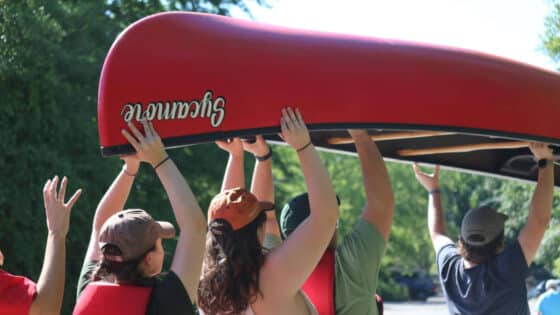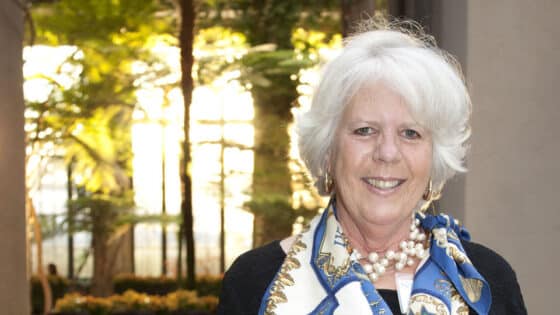Daniels’ fluvial geomorphology research has yielded meaningful discoveries across diverse human–environment interactions.
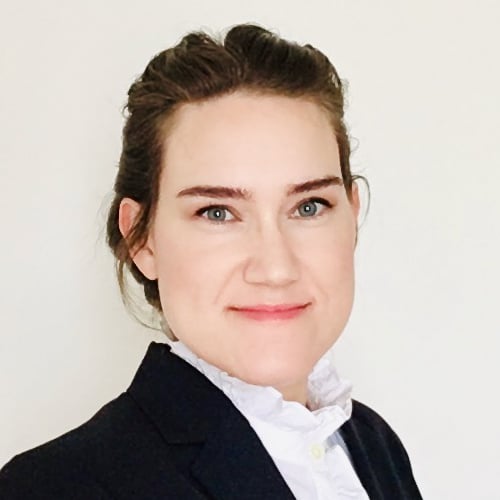
Stroud Water Research Center is pleased to announce the promotion of Melinda Daniels, Ph.D., principal investigator of the Fluvial Geomorphology Group, to senior research scientist.
As a fluvial geomorphologist, Daniels examines how the movement of water shapes and modifies rivers and streams, but her interests and expertise are much broader — bridging geomorphology, ecology, hydrology, and natural resources management. She has knocked down barriers that traditionally isolate scientific disciplines, and the resulting body of her work has led to a better understanding of how humans are changing their natural environments, their water resources, and why.
Daniels’ research has yielded meaningful discoveries across diverse human–environment interactions:
- How animals — both threatened and invasive — alter the structure of streams and create aquatic habitats.
- How long it takes for changes in land use to alter in-stream habitats, water quality, temperatures, and susceptibility to flooding.
- How climate can alter stream biology through its influence on hydrology and geomorphology.
- How damming, climate change, and other anthropogenic changes impact streams.
- Appropriate methods and goals for restoring degraded streams.
- How geographic location and culture influence public perception and actions related to water resource conservation.
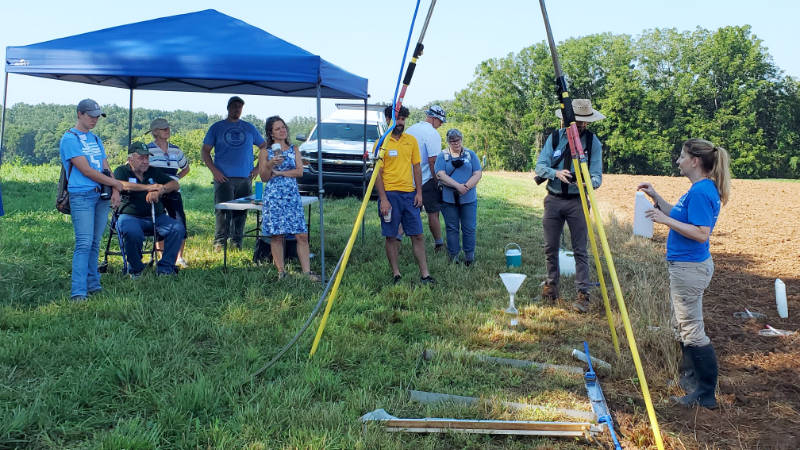
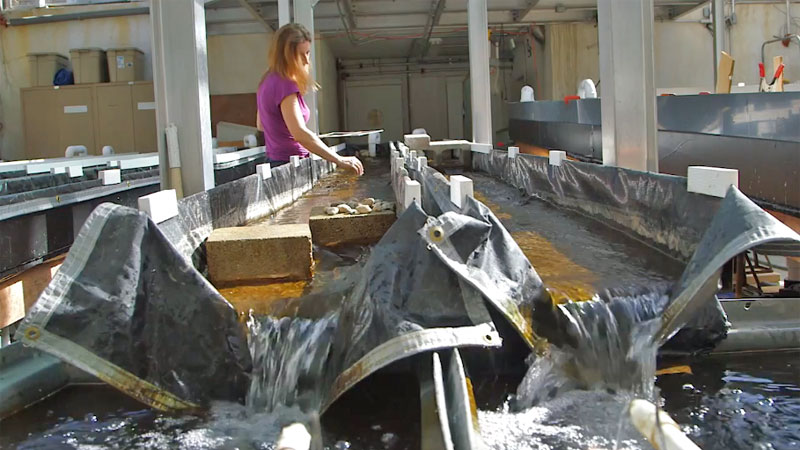
Executive Director Dave Arscott, Ph.D., says “At the Stroud Center, Daniels is a key player on the interdisciplinary research team. A unique feature of the Stroud Center since its founding in 1967 is the integration of research disciplines. First led by the renowned Ruth Patrick, Ph.D., a team of biologists, chemists, and hydrologists worked shoulder-to-shoulder in pristine and polluted streams and rivers to define, describe, and quantify human impacts on flowing freshwater ecosystems. Dr. Daniels’ promotion to senior research scientist is a testament to the power of consistent, interdisciplinary research from conceptualization through completion of a research project.”
In addition to her role at the Stroud Center, Daniels serves as an adjunct professor at the University of Pennsylvania and the University of Delaware. She also serves as a frequent panelist for the National Science Foundation and scientific advisor to several federal agencies.
Before joining the Stroud Center in 2013, she was a tenured associate professor at Kansas State University.
She has received several honors and awards, including the Department of the Army’s Civilian Service Commendation Medal for her outstanding service as a member of the Chief of Engineers Environmental Advisory Board to the U.S. Army Corps of Engineers and the Army Science Board.
Bern Sweeney, Ph.D., who served as executive director from 1988 to 2017 and hired Daniels in 2013, says, “Three cheers for Dr. Daniels. Her research has pushed the boundaries within and beyond her field of expertise while being a terrific collaborator for the other scientists at the Stroud Center. She has performed above and beyond all my expectations and has been a real pace setter for the Stroud Center.”
Arscott adds, “Dr. Daniels’ contributions to the Stroud Center, the scientific community, and the public good are significant. As a promotion candidate, she was required to submit to the same rigorous standards and review process as our peers in university settings, which included a review by committee of her accomplishments and activities — everything from research to grant support to peer-reviewed publications to professional service and education. The committee included both internal and outside scientist reviewers. There was unanimous and unwavering support for Dr. Daniels’ promotion to senior research scientist among her peers. I’m thankful for her past service and look forward to her leadership influence on the future of the Stroud Center and our scientific pursuits.”

